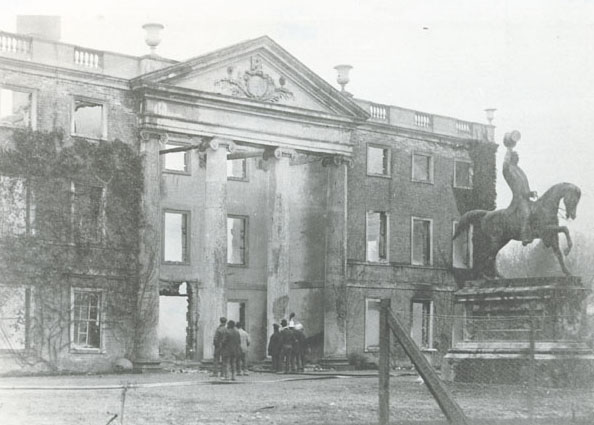|
Olantigh
Olantigh is an English house north of Wye in the civil parish of Wye with Hinxhill. The garden terraces and towered stable block were Grade II listed in 1989 and extend to , beside the Great Stour river. Garden features include a wide variety of trees with woodland walks; rockerys, shrubbery, herbaceous borders and extensive lawns. History The ''igh'' in the latter part of the name Olantigh often refers to islands, possibly a reference to the original dwelling being in the vicinity of an isle set in the River Stour. Alternatively, it has been proposed "Olentege" is Old English for "Holy Mount". During Julius Caesar's 54 BC invasion of England he established a camp on the River Stour near to the present Olantigh. His forces faced several ''sharp skirmishe'' with British forces attacking from their stronghold at Challock Wood. Kempe The first known holder of the manor of Olantigh was Sir Norman Kempe (–1295). Notable Kempes to live at Olantigh included John Kemp (1 ... [...More Info...] [...Related Items...] OR: [Wikipedia] [Google] [Baidu] |
Wye, Kent
Wye is a village in Kent, England, from Ashford and from Canterbury. It is the main settlement in the civil parish of Wye with Hinxhill. Hop varieties including Wye Challenger were bred at Wye College and named for the village. In 2013, ''Sunday Times'' readers voted Wye the third best place to live in the UK. History The village's name comes from the Old English "Wēoh" meaning ''idol'' or ''shrine''. Wye may have been used for worship by the pre-Christian Angles. Wye became an important communications centre because of a ford across the River Great Stour connecting with ancient trackways across the North Downs. Romans constructed a road between Canterbury and Hastings using the gap through the North Downs and there have been suggestions the straight Olantigh Road may have been built by them as a separate route from Wye to Canterbury on the east of the River Stour. Remains of an ironworks at the west bank of the river, from that period, have been found. By medieval times ... [...More Info...] [...Related Items...] OR: [Wikipedia] [Google] [Baidu] |

